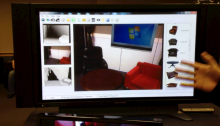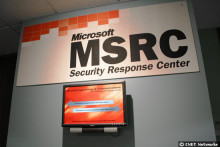Microsoft finds vulnerabilities in Vista, W7 gadgets
Microsoft has urged Windows Vista and Windows 7 users to disable desktop accessories in the operating systems as a security measure.
The software giant said in a security advisory that the insecure Gadgets feature in the systems can execute arbitrary code as well as access user data.
Users logged on as administrator, guest or power user could unwittingly allow rogue Gadgets to run any code it wants at that security level, and take complete control over the system, according to Microsoft.











































































